
Services
At True Care Family Dental Place, we provide a wide range of dental healthcare services – from routine checkups and cleanings, early cavity preventions to fitting braces and treating oral diseases. We are here to help you keep your smile healthy in an economical way.
 Preventive Care
Preventive Care
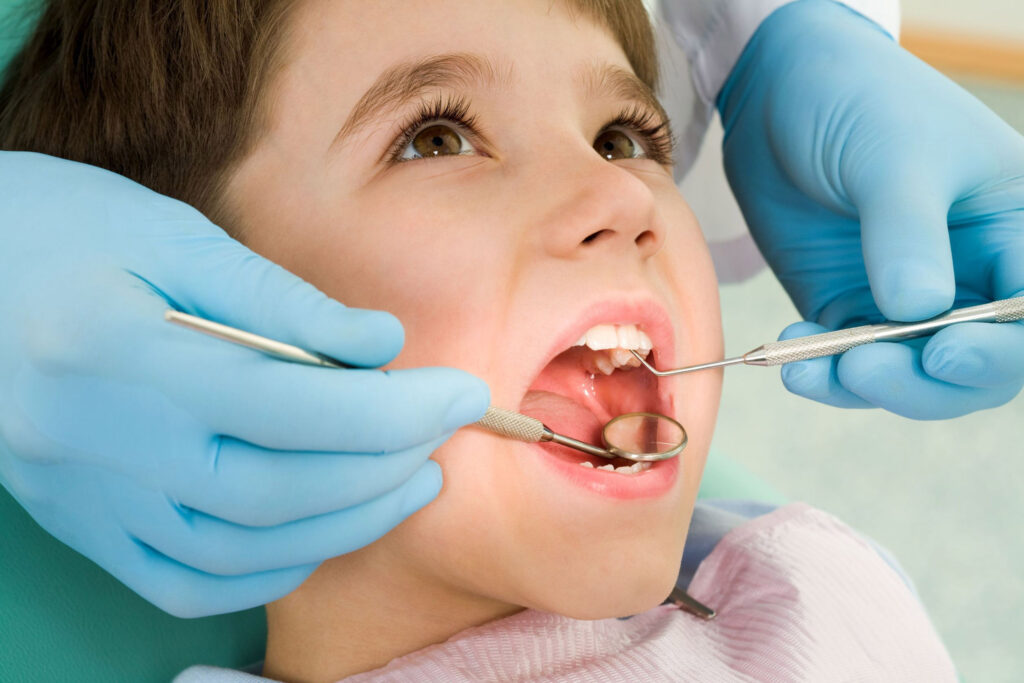
PROPHYLAXIS (TEETH CLEANING)
Prophylaxis is a cleaning treatment performed twice a year to thoroughly clean the teeth and gums. It is an effective procedure in keeping the oral cavity in proper health and stopping the progression of gingivitis and periodontal disease. The benefits include plaque and tartar removal, a healthy-looking smile and fresher breath.
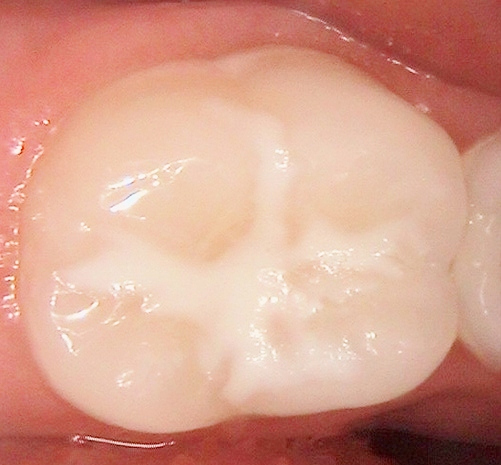
DENTAL SEALANTS
Dental sealants (or fissure sealants) consist of a plastic material that is placed on the chewing (occlusal) surface of the permanent back teeth – the molars and premolars, to protect them from bacteria and acids that can cause tooth decay. While fluoride helps protect the surface of the teeth and prevent decay, sealants add extra protection for the grooved and pitted areas. Although sometimes used in adults, dental sealants are mainly used in children who are at higher risk of tooth decay, just as soon as their adult molar teeth come through.
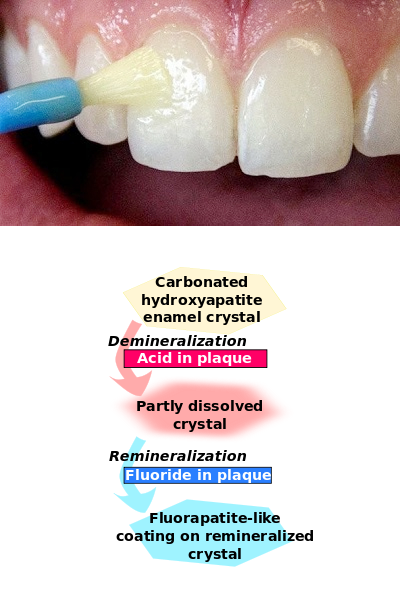
FLUORIDE TREATMENT
Fluoride is a mineral that occurs naturally in many foods and water. Every day, minerals are added to and lost from a tooth’s enamel layer through demineralization and remineralization. When fluoride is absorbed directly into the enamel, it helps repair the enamel by replenishing the lost calcium and phosphorous to keep your teeth hard. Too much demineralization without enough remineralization to repair the enamel layer leads to tooth decay. When fluoride is present during remineralization, the minerals deposited into the tooth enamel help strengthen your teeth and prevent dissolution during the next demineralization phase, thus prevent tooth decay by making the tooth more resistant to acid attacks from plaque bacteria and sugars in the mouth. It also reverses early decay.
Fluoride treatments are commonly given to children under 6 years of age as their teeth are developing. The treatments provide extra protection against cavities, even if children already drink fluoridated water.
There are several ways to absorb fluoride:
- When a dentist applies fluoride to the teeth as a gel, foam or varnish which has a higher content of fluoride than the amount found in toothpastes and mouthwash
- When you brush with fluoride toothpaste or use a fluoride rinse
- When fluoridated water washes over your teeth as you drink
- Fluoride supplements are also available in both liquid and tablet form and must be prescribed by your dentist, paediatrician, or family doctor.
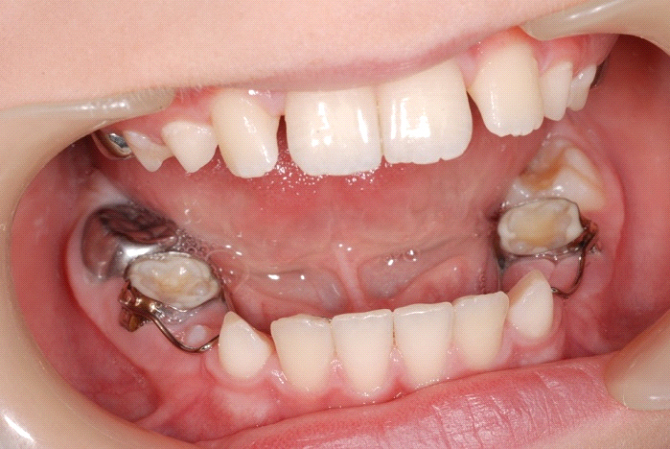
SPACE MAINTAINERS
Children may need space maintainers if they lose a tooth early due to accident or have a baby (primary) tooth extracted due to decay. A space maintainer is an appliance that is custom-made by a dentist or orthodontist in acrylic or metal material, and can be removal or fixed (cemented to the teeth)
Removable – this looks much like a retainer with plastic blocks to fill in where the tooth is missing. this is normally used in older children who can reliably follow directions.
Fixed – this type of space maintainer comes in 4 different designs: unilateral, crown and loop, distal shoe and lingual.
The unilateral and crown and loop space maintainers are placed on one side of the mouth to hold space open for one tooth. The unilateral space maintainer wraps around the outside of the tooth and is connected to a metal loop that holds the space intact. The crown and loop is an actual crown that covers the tooth and is attached to the loop to ensure there is space for the erupting tooth.
The distal shoe space maintainer is usually used for an unerupted first permanent molar tooth. This is also more complicated because the end of the metal is usually inserted into the gum line to keep the open space from closing. A dentist will need to monitor the progress of the erupting permanent molar to make sure it can erupt properly with this space maintainer.
The lingual space maintainer is usually bilateral in nature and may be cemented to molar teeth and connected by a wire on the inside of the lower front teeth. This is often used for more than one missing tooth.
Wearing the Space Maintainer Once the space maintainer is worn by your child, proper cleaning must be strictly followed to keep the gum tissue healthy and free of dental plaque. Proper instruction for tooth brushing and flossing is also considered for improved oral hygiene.
- Avoid sticky foods, including candies and chewing gum
- Do not push or tug on the space maintainer with the fingers or tongue
- Keep it clean through proper and effective brushing and flossing
- Regular dental visits
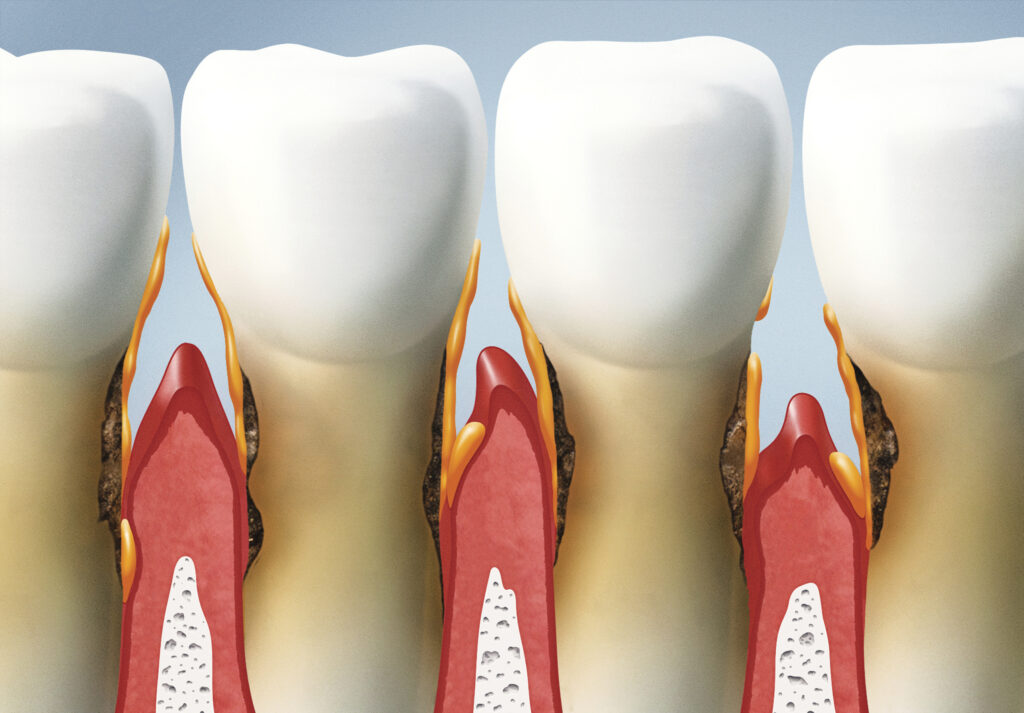
PERIODONTAL CARE
Periodontal (Gum) Care focuses on the supporting gum and bone around your teeth. When these tissues are not healthy, patients suffer from infections which increase the risk of bone loss. Gum disease is considered a leading cause of tooth loss in adults. Healthy gums are a crucial aspect of maintaining good oral health.
Common Symptoms of Gum Disease
- Bleeding gums
- Bad breath
- Sensitive, swollen, or red gums
- Loose teeth
- Increased space between teeth
- Formation of pus between teeth
- Mouth sores
Early stage gum disease known as gingivitis is often treatable with non-surgical treatment such as prescription mouthwash, scaling and root planning. All these help to clean the affected tooth root surface. Once gum disease advances, gum surgery is often the only viable treatment option.
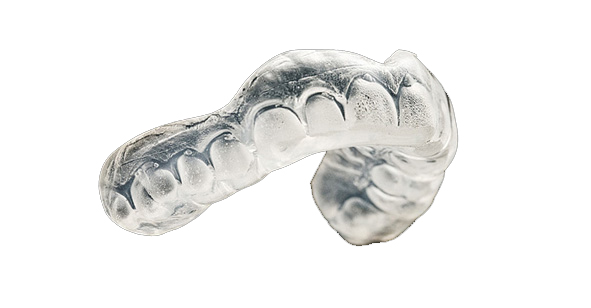
MOUTHGUARD/ OCCLUSAL GUARD
A mouthguard (also known as a mouth protector, mouth piece, gumshield, gumguard or nightguard/ occlusal guard) is a protective device for the mouth that covers the teeth and gums to prevent and reduce injury to the teeth, arches, lips and gums. Mouthguards are often used in contact sports, treatment for bruxism, temporomandibular disorder (TMD), some forms of headache, and as part of certain dental procedures. A mouthguard is made specifically to fit your mouth allowing you to talk without restriction. In fact, most people won’t even notice it unless they look directly into your mouth.
Who Needs a Mouthguard?
- Anyone who engage in contact sports or any physical or recreational activity that might pose a risk of injury to the mouth
- Adults and children who grind their teeth at night should have a nocturnal bite plate or bite splint made to prevent tooth damage
How to Care for Your Mouthguard?
- Rinse with cold water or with a mouth wash before and after each use
- Clean in cool, soapy water and rinse thoroughly
- Store in a firm, perforated container; if the mouthguard is acrylic, keep it in fresh clean water
- Protect from high temperatures such as hot water, hot surfaces or direct sunlight to avoid shape distortion
- Check for general wear; if there are holes or tears in it or if it becomes loose or causes discomfort, make sure to replace it
- Have it examined by your dentist on every dental visit

![]() Palmdale Office
Palmdale Office
37935 47th Street East #A-22, Palmdale, CA 93552
(661) 533-3800 • (661) 839-3772
contact_palmdale@truecarefamilydentalplace.com![]()
![]() Lancaster Office
Lancaster Office
44207 20th Street West, Lancaster, CA 93534
(661) 942-8333 • (661) 789-7151
contact_lancaster@truecarefamilydentalplace.com![]()
Payment Options
